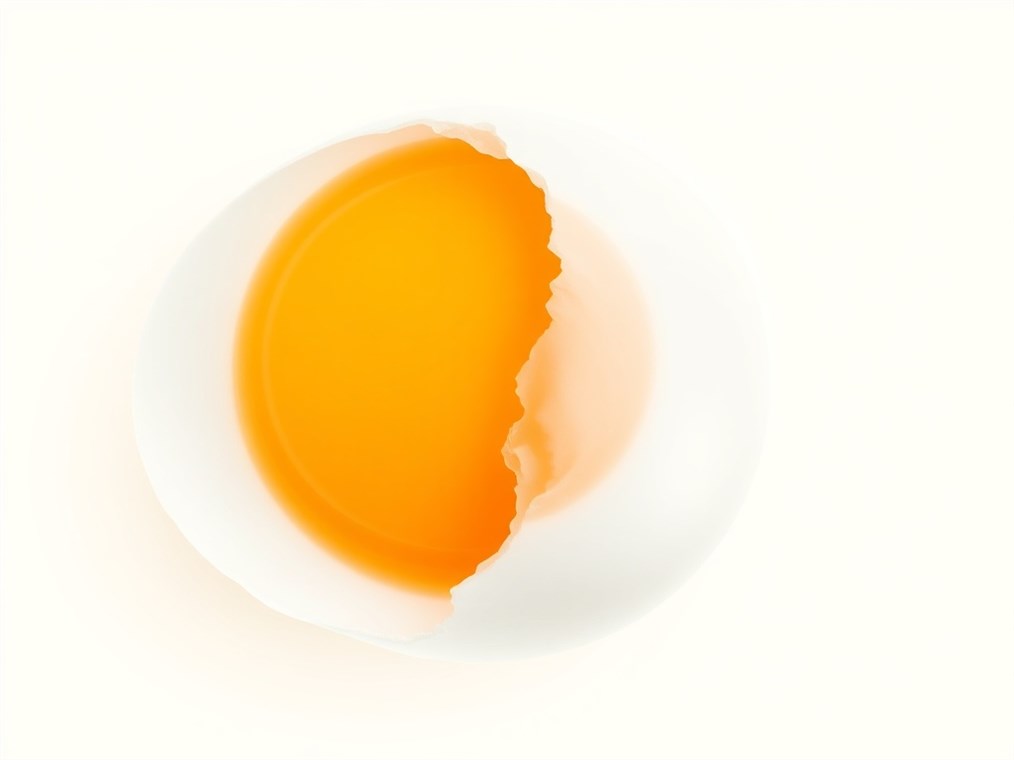Eggs and Iron: Cracking the Case of the Nutritional Champion
We all know eggs. They’re a breakfast go-to, a baker’s best friend, and generally considered a healthy choice. But when it comes to iron, which part of the egg is the real winner? Is it the pristine white or the sunny yolk? Turns out, it’s a bit more nuanced than you might think.
Yolk vs. White: The Iron Showdown
Okay, straight up: the yolk is where the iron party’s at. While the white is busy showing off its protein, riboflavin, and selenium, the yolk’s hogging most of the good stuff – vitamins and minerals galore, including iron.
- Egg Yolk: This golden orb packs about 0.4 milligrams of iron per large egg. Plus, it’s loaded with vitamins like A, D, E, K, and B12, not to mention choline and those oh-so-important fatty acids. Think of it as a tiny nutritional treasure chest.
- Egg White: The white? Well, it’s mostly protein. A tiny bit of iron might sneak in, but it’s negligible. So, if you’re looking for a protein boost without the extra baggage of fats or cholesterol, the white’s your friend.
The Bioavailability Buzzkill
Here’s the catch. Just because the yolk has the iron doesn’t mean your body automatically gets to use it all. Bioavailability – how much your body can actually absorb and put to work – is the key. And sadly, the iron in egg yolk isn’t the most bioavailable.
The culprit? A compound called phosvitin. This little guy binds to iron, making it harder for your body to absorb. Imagine trying to unlock a door with the wrong key – that’s kind of what phosvitin does to iron absorption.
Cracking the Code: Boosting Iron Absorption
Don’t despair, egg lovers! There are ways to give your body a helping hand when it comes to absorbing iron from eggs.
- Vitamin C is Your Wingman: Pair your eggs with foods loaded with vitamin C, like a glass of orange juice, a side of juicy tomatoes, or some vibrant red peppers. Vitamin C swoops in and converts the iron into a form your body can actually use.
- Cooking Matters: Believe it or not, how you cook your eggs can make a difference. Some studies suggest that adding ascorbic acid (that’s vitamin C!) during cooking can boost the bioavailability of the yolk’s iron. Who knew?
So, Are Eggs an Iron Powerhouse?
Let’s be real: while eggs contribute, they’re not exactly the iron champions of the food world. Red meat, lentils, and fortified cereals are way ahead in the iron game. One egg gives you a small piece of your daily iron needs.
Interestingly, some studies even suggest that eggs might hinder the absorption of non-heme iron from other foods you eat in the same meal! It seems phosvitin and another compound, ovotransferrin, can sometimes play the role of iron absorption blockers.
The Bottom Line
The yolk wins the “most iron” award, hands down. But, because of phosvitin, your body can’t access all that iron easily. Team up your eggs with vitamin C-rich foods to help things along. While eggs are a tasty part of a balanced diet, don’t rely on them as your main source of iron, especially if you’re prone to iron deficiency. Variety is the spice of life – and the key to healthy iron levels!

